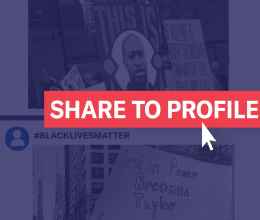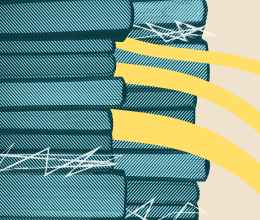Today, the U.S. Court of Appeals for the Seventh Circuit ruled for the American Civil Liberties Union of Illinois in a case involving Illinois’ controversial eavesdropping law. The ACLU is asking the federal court to block the Cook County State’s Attorney from prosecuting ACLU staff for recording police officers performing their public duties in a public place. The recordings would take place as part of the ACLU’s long time practice of monitoring police practices on the streets of Chicago. The information gathered by the ACLU of Illinois would be used as part of its advocacy for changes in police practices in the City. The Illinois eavesdropping law has been the subject of much debate of late. Two state court judges have ruled that the application of the law to prosecute individuals for recording police in a public place is unconstitutional. A legislative proposal to change the law is being considered by the Illinois House this session. And, a Cook County jury last year acquitted a young woman charged with the offense. Today’s ruling comes in a case filed by the ACLU in 2010, a case in which the ACLU of Illinois was supported by several national news organizations, including the Illinois Press Association, the American Society of Newspaper Editors and the Society of Professional Journalists.
The following can be attributed to Harvey Grossman of the ACLU of Illinois:
The Court of Appeals today reversed the trial court and ordered that the court enter a preliminary injunction enjoining States Attorney Anita Alvarez from prosecuting the ACLU and its employees for openly audio recording police officers performing their public duty. In order to make the rights of free expression and petition effective, individuals and organizations must be able to freely gather and record information about the conduct of government and their agents – especially the police. The advent and widespread accessibility of new technologies make the recording and dissemination of pictures and sound inexpensive, efficient and easy to accomplish.
Empowering individuals and organizations in this fashion will ensure additional transparency and oversight of police across the State.



